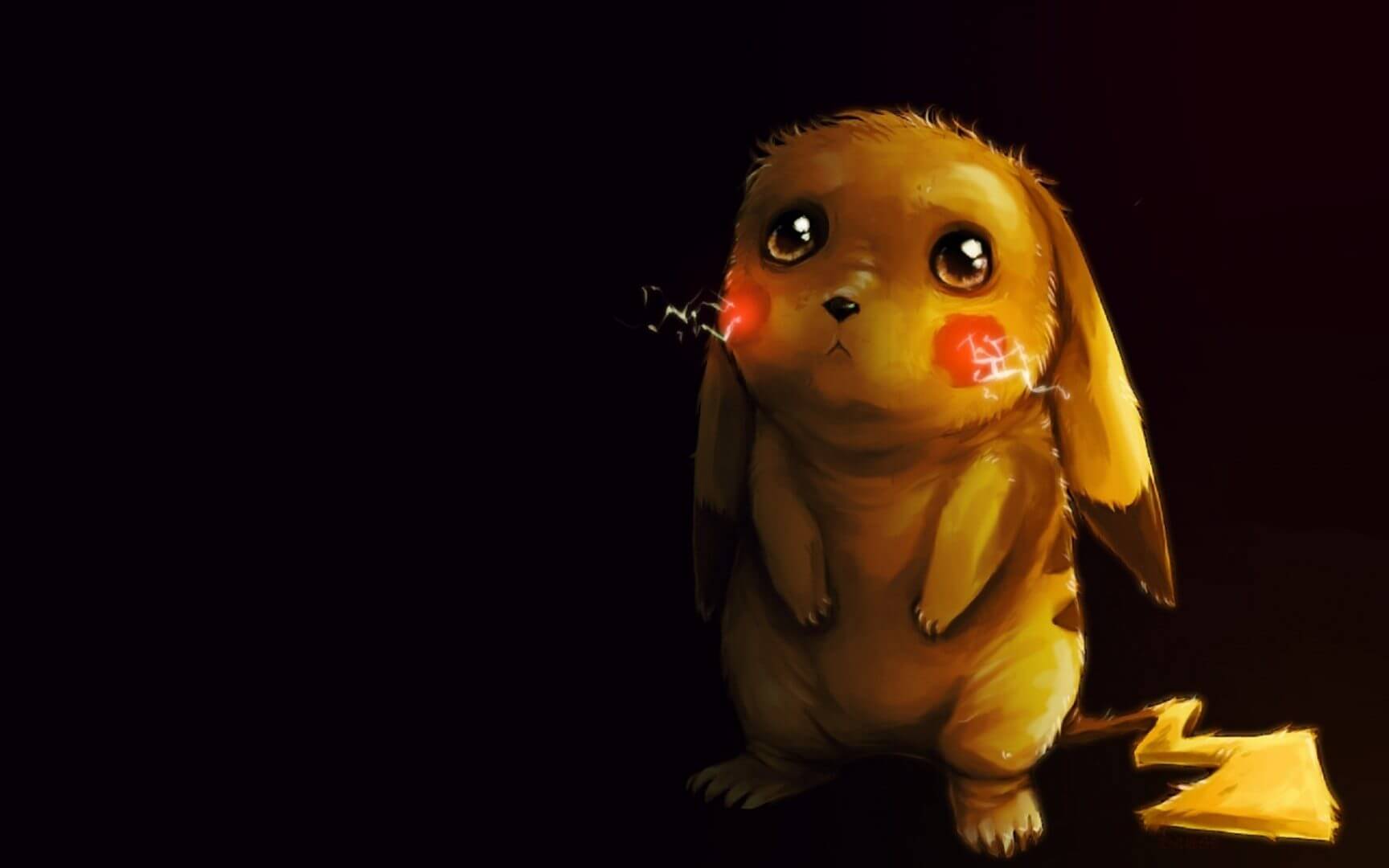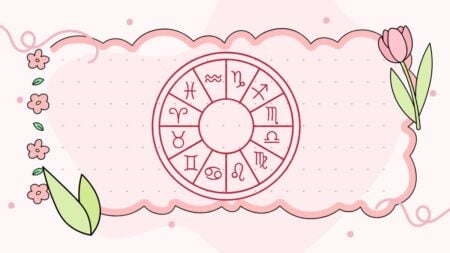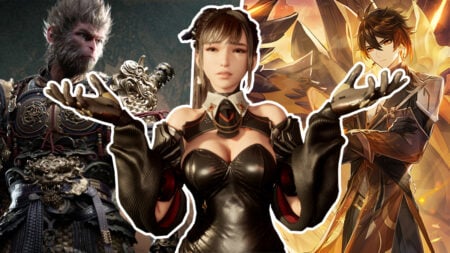Skip To...
Everybody seems to love Pokemon Go. Even if you haven’t played it yourself (which, judging from the 15 million downloads so far, is unlikely), you’ll have noticed the sheer volume of people that have ventured from their houses and apartments, shielding their eyes from the sun with one hand and rabidly flicking Pokeballs with the other.
The popularity can’t be questioned. I’ve seen businessmen in suits, young children with their parents, even one or two long-lost friends, all connecting with one another after meeting by chance at a lure or an otherwise-popular spot for catching these pocket monsters. It’s a social tidal wave of players, dragging people that even might not like Pokemon along for the ride; and even these Poke-virgins find themselves instantly hooked. It’s a game that promotes healthy exercise, social interaction and exploring the world around you – with gaming as a hobby often being considered an indoor-only activity, you could even call this a zeitgeist-changing moment.
But Pokemon Go itself? It’s terrible.

Tallying The Sins
Utterly terrible. If games were ranked on mere mechanics and technicality, this wouldn’t have even a passing grade. The graphics are lovely, and the augmented reality is a nice gimmick, but at its core, Pokemon Go is a shallow game with little true innovation. If it was something like Pokemon Safari or another definitive spin-off, it would be a different story, but Pokemon Go consistently tries to bring some of the flavor of the original pocket monsters.
You catch wild Pokemon, you battle at gyms, you explore the world to discover new species: To catch them is your real test, to train them is your cause. But it’s dumbed down. You don’t have to reduce wild Pokemon down to low health and then capture them, you do it all with the flick of a thumb. Gym battles are very simplistic, with there being only two attacks per Pokemon, as well as a very strange and poorly-implemented dodging system. While the location-based Pokemon factor is certainly impressive, it also often doesn’t make sense, and a great deal of the placement appears to be luck-based, while the AR feature is little more than a distraction.
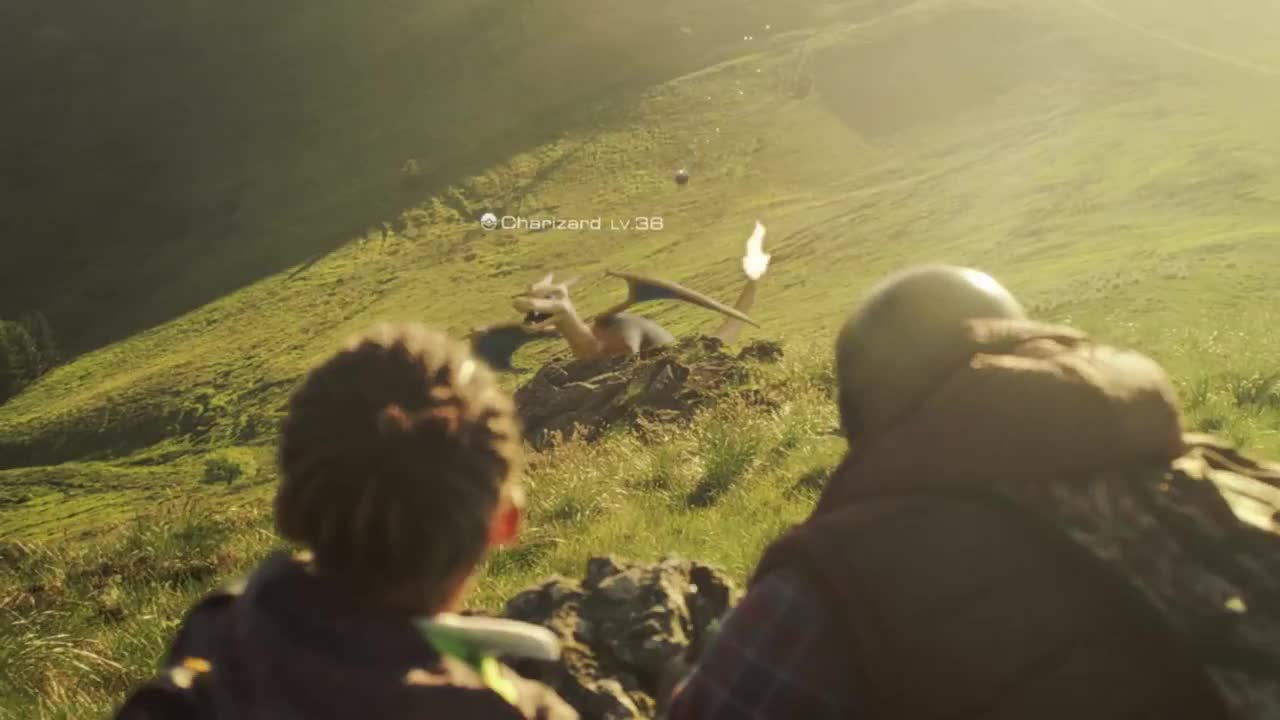
A Slew of Issues
That is, of course, assuming that the game works at all. I get the feeling that Niantic wasn’t expecting the game to be as popular as it has become – after all, who could have done? It’s a global phenomenon now. But even so, the sheer number of bugs and crashes that have cropped up is staggering. Gyms don’t let you fight, Pokemon captures crash in the middle of the animation, Pidgeys spawn far more than they should: if another mainstream game had this many issues, it would have been slammed to the ground and abandoned by now. Just look at Arkham Knight.
Furthermore, it’s very clearly pay to win. Sure, people who decide to explore certain areas can catch certain rare Pokemon more easily than those who stay home, but the power of these beasties are directly tied to your level. Certain items in the store make it easier to level up, so long as you are willing to pay – directly tying the amount you spend on the game to your performance. If there is anything that the gaming community hates more than pay2win, I have not encountered it.
Pokemon Go Wild
And yet the game has been well-received. It’s fun. It’s addictive. It’s sociable, it’s exciting, it’s gratifying and satisfying – everything that a mobile game could really ever wish to be. Previous games such as Ingress (also from Niantic) had many similar mechanics, and actually had more depth to them, but never found this level of popularity. This is what happens when you target an audience that grew up on Pokemon, having been thirsting for something fresh and new for the franchise, and release it for free to a demographic that, almost to a person, has a smart device.
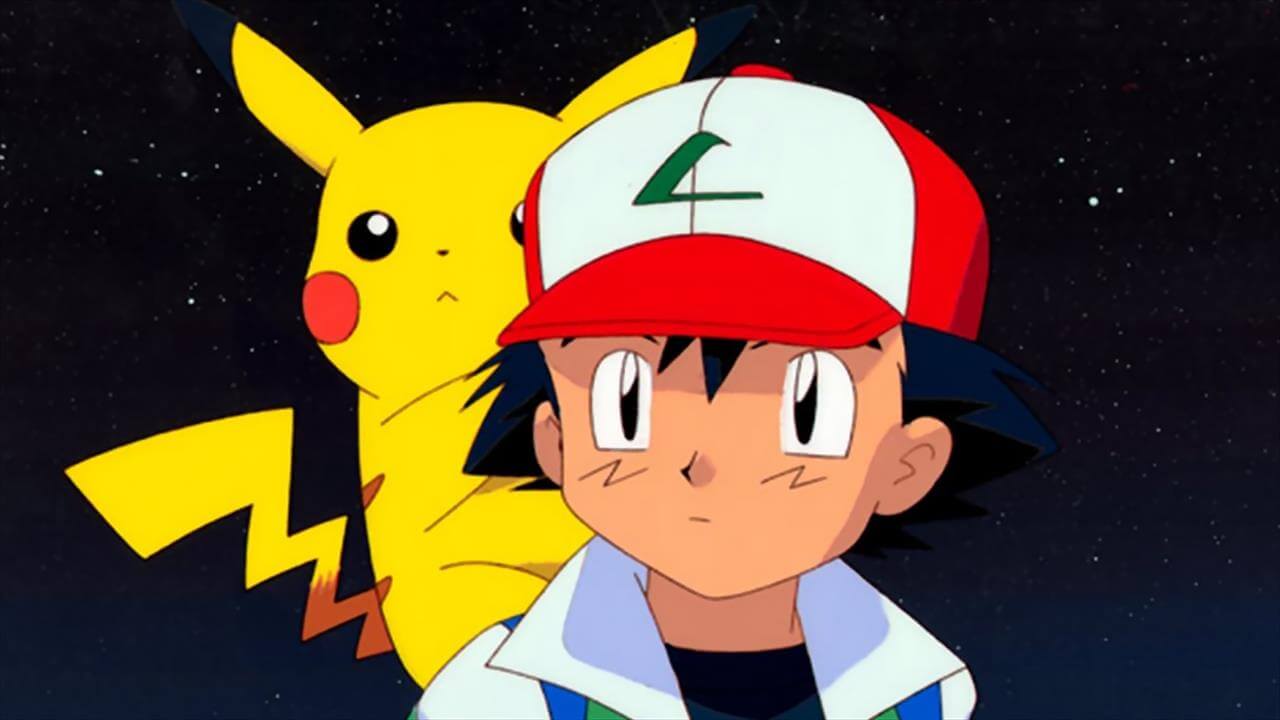
It was genius marketing. It was a genius strategy on Niantic’s part. They have managed to deliver a product that, looking at it objectively, should have been utterly torn to shreds. It’s simplistic, it’s repetitive, it’s buggy, but it’s just so damned fun that you can’t help but forgive all of that and more. The feeling of walking outside and seeing another person playing the same game as you in the same area as you, sharing that experience – you can’t help but smile.
Breaking the Bank
A friend of mine has spent the equivalent of a brand new AAA game on microtransactions, all just to see the sheer number of happy people that turn up to his lures, flicking thumbs and battling the nearby gym. He has also walked the equivalent of 50 kilometers in a week, made a whole clutch of new friends with a shared interest and become somewhat of a folk hero in the community.
This is where the true strength and brilliance of Pokemon Go lies. Not in the mechanics, not in the gameplay, and, to an extent, not due to anything that the developers could have predicted or designed. It’s the community. It’s the feeling of connection with a bunch of strangers that you’ve just bumped into and struck up a conversation with. It’s the times you point out an area where you caught your Vulpix to an excited 10-year-old, or the cries of jubilation as you and your crew finally take over that gym (Team Instinct for life, by the way).
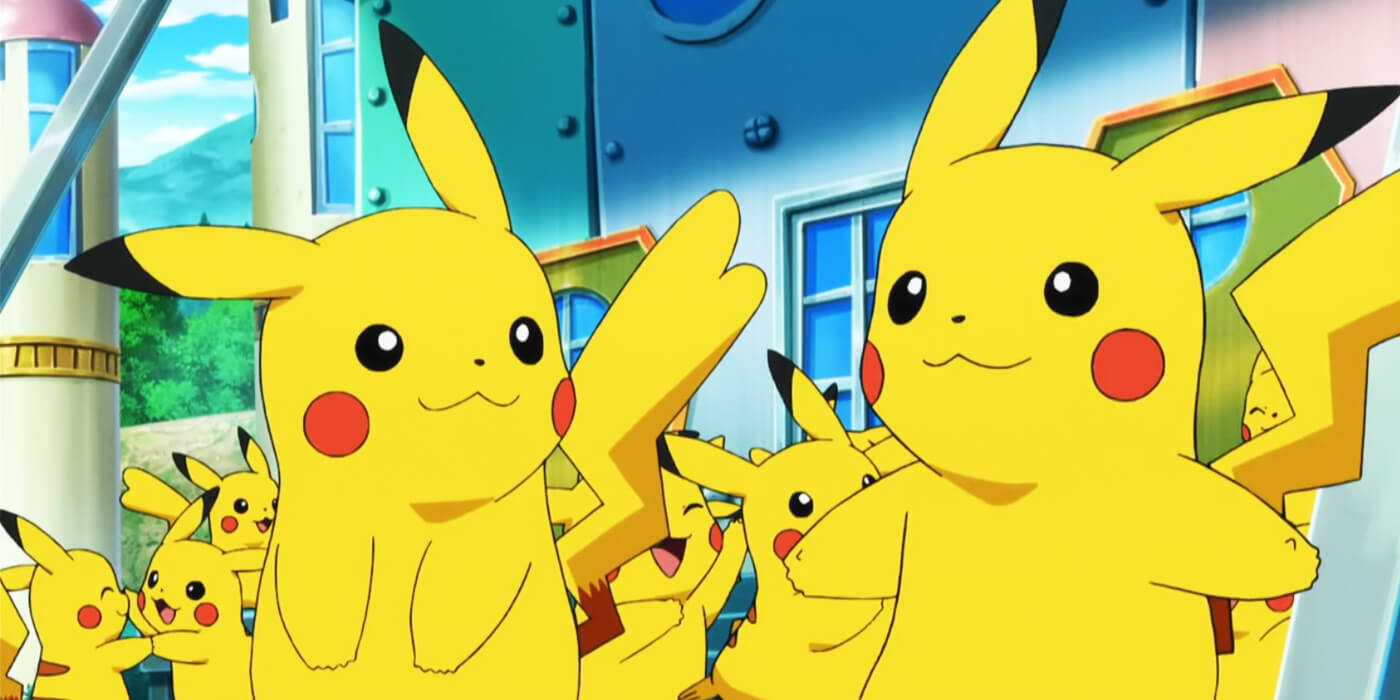
The Power of Community
Pokemon Go is a terrible game. But it’s a wonderful experience. It goes well beyond what we here at The Nerd Stash might rate in our game reviews. In many ways, it harkens back to the days before the internet was so widespread when gaming communities had to talk to one another and strategize in order to discover how the game worked and how best to beat their rivals. Throw that to a huge mass of people who are already hungry for real human connection and you suddenly have a defining moment in the history of mobile gaming, if not gaming in general.
Yes, perhaps this will all be forgotten in a month or so, and the enormous crowds of people will disperse into a few lone figures wandering around the park, their thumbs a-flicking. But I doubt we’ll ever forget that, for a short time at least, people all around the world came together to share in a singular, global experience that may very well redefine the gaming industry as a –
Be right back, there’s a Pikachu down my street.

